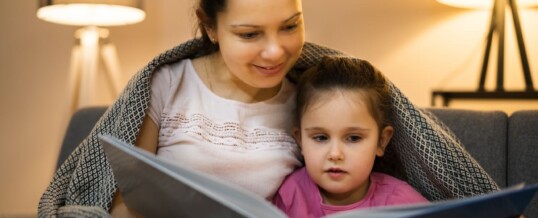
Under the Table, by Marisabina Russo
A child finds a good personal space for herself, underneath a table. It is now her space and she brings her toys, books and crayons to the space. She draws on the bottom of the table top. One day her parents decide to move the table. Then she remembers that you are not supposed to write on walls. The book helps children fix mistakes and helps parents know how to help the child fix the mistake.
Why Do Grown-Ups Have All the Fun, by Marisabina Russo
Hanna is in bed trying to fall asleep. She thinks her parents are having fun staying up late without her. She finds out they are folding sheets and not eating ice cream. This book helps children differentiate between the fantasy and reality.
You Can Do It, Sam, by Amy Hest
One day Mrs. Bear and Sam bake cakes for their friends. Mrs. Bear and Sam then deliver the cakes. Mrs. Bear pulls up very close to the first friend’s house and says, “You take the cake.” Sam says, “All by myself?” Mrs. Bear says, “You can do it, Sam.” Sam cautiously walks to the house and delivers the cake. He comes back to Mrs. Bear and says, “I did it!” Mrs. Bear was there to stand by and admire Sam’s accomplishment. These steps build confidence in young children.
How to pick a great children’s book
The selection of books is as important as the selection of toys. Young children have incomplete information for understanding the world around them, which results in what we often refer to as “magical thinking”: explanations for things that don’t make sense to adults. Magical thinking can make it difficult to know what’s going on in a child’s mind, and may lead to unexpected reactions of fear or stress.
Here are some thoughts about selecting appropriate books:
- Look for pictures that may be scary to a young child. Is there a fire? Do the animals have long sharp teeth? Are there depictions of things that you know are troubling to your child specifically?
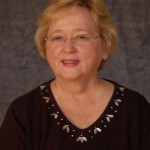
Acierno
- Is the vocabulary suitable? Are the words scary, like yelping, snarling and hissing sounds. Are there references to violence or antisocial behavior – fighting or throwing things?
- Is it developmentally appropriate? Books for young children should be uncluttered and simple with a clear presentation of the important concepts. The first words that children learn are nouns – the objects of everyday life.
For more insights about selecting books and reading with young children, look at our original list of 100 great children’s books.
Book links go to Amazon and generate a small donation to Hanna Perkins Center when used to make a purchase.
MAR
2022


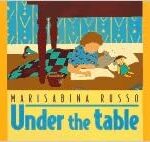
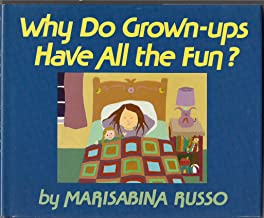
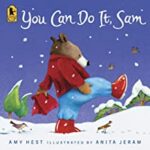
About the Author:
Early Childhood Educator Noreen Acierno teaches preschool at Hanna Perkins School, where she has worked since 1999. She is passionate about children's books.